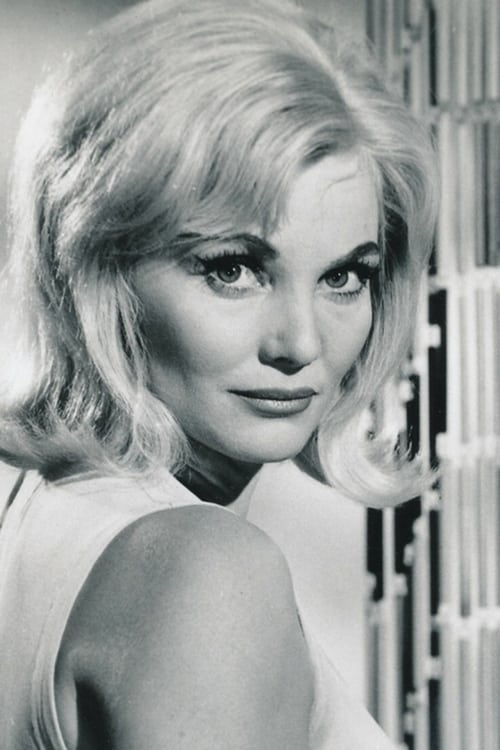Negatives (1968)
A Bizarre Modern drama of a man and two women locked in a sensual game of sex
Gênero :
Runtime : 1H 38M
Director : Peter Medak
Escritor : Roger Lowry, Peter Everett
Sinopse
A couple's bizarre romantic relationship is disrupted by the intrusion of a third person.
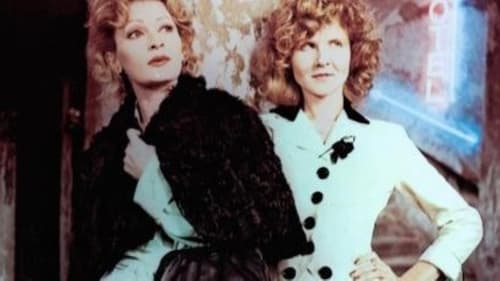
Beautiful, detached, laconic, consumptive Lily Brest is a streetwalker with few clients. She loves her idle boyfriend Raoul who gambles away what little she earns. The town's power broker, called the rich Jew, discovers she is a good listener, so she's soon busy. Raoul imagines grotesque sex scenes between Lily and the Jew; he leaves her for a man. Her parents, a bitter Fascist who is a cabaret singer in drag and her wheelchair-bound mother, offer no refuge. Even though all have a philosophical bent, the other whores reject Lily because she tolerates everyone, including men. She tires of her lonely life and looks for a way out. Even that act serves the local corrupt powers.

Arne, Calle, and Gunnar are friends, probably in their twenties. One telephones the others, and they decide to visit a nightclub. They hope to meet women and have sex. After they arrive at the club, each man meets with a certain degree of success or failure. Calle particularly is frustrated, for no woman agrees to dance with him. Meanwhile, Arne and Gunnar are busily conversing with women. Eventually the friends all leave with lady friends in tow, and spend the night in various apartments. In the morning, the couples depart differently. One couple has bonded amicably, another tenuously, and the third not at all. The next day, the men reconnect, and decide to try their luck again. Written by veloc

George Morris constantly lies to his wife, Helen, to hide his escapades. As he is about to leave his wife, some guests arrives, including Paul Wilcox, who is in love with Helen. By the end of the party, however, George and Helen have reconciled yet again. Soon after, George meets Joan Whitley and loses a lighter which his wife has given him; Whitley drives off with it. When Helen throws a party, Joan, who is an old friend of Helen, arrives. When Helen introduces Joan to George, they pretend not to know each other. George pleads with Joan to return his lighter. She agrees to meet him later in the library and if he is nice to her she will give him back the lighter.

Eddie spends her pocket money collecting firecrackers, to prepare for Cracker Night. This key moment will live on in Eddie's memory, transforming her for life.
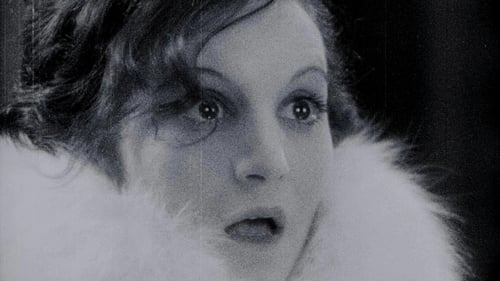
While staying with her aunt at a fashionable spa, Else receives an unexpected telegram from her mother, begging her to save her father from debtor’s jail. The only way out, it seems, is to approach an elderly acquaintance in order to borrow money from him. Through this telegram, Else is forced into the reality of a world entirely at odds with her romantic imagination – with horrific consequences.

A naval adventure that focuses on the rivalry among the crew, particularly the indignation wrought by the behavior of inplacable Captain Steen. Dick, one of the sailors, is one of the most rebellious and draws up plans to exact vengeance. The opportunity arises, but an incident that may sink the ship changes the focus of attention. The lighting for the film and the composition of the scenes are regarded as the highlights of the movie.
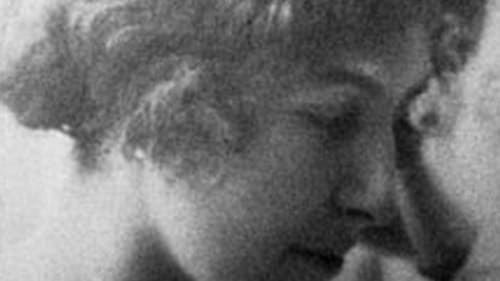
Stolen Apples for Karen Blixen is a three-minute black and white film which begins with a portrait of Karen Blixen taken from a photograph.

A 50-year-old playwright (Jesus Puente) bemoans his fate from his secluded home in Northern Spain in this depressing drama. Side plots include an actress and former acquaintance who comes to visit and his amorous diversions with a 20-year-old local woman.

In the dying months of the Meiji era, a sympathetic student befriends a married couple, but soon realizes they share a curiously strained relationship stemming from an unknown incident in their past.

After bumming across the Southwest, a tough, young woman steals a car and runs off to Mexico, where she visits a bordello and is indoctrinated by a lesbian.

For three days in 1971, former US soldiers who were in Vietnam testify in Detroit about their war experiences. Nearly 30 speak, describing atrocities personally committed or witnessed, telling of inaccurate body counts, and recounting the process of destroying a village.
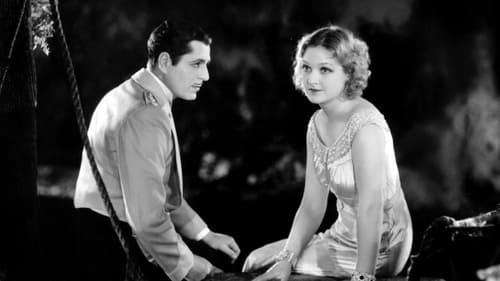
Jim Wyngate, an English aristocrat, comes to the American West under a cloud of suspicion for embezzlement actually committed by his cousin Lord Henry. In Wyoming, Wyngate runs afoul of cattle rustler Cash Hawkins by rescuing the Indian girl Naturich from Hawkins. Wyngate marries Naturich, but then learns that his cousin Lord Henry has been killed and has cleared his name before dying. As Wyngate has long loved Lady Diana, Lord Henry's wife, he is perplexed at his situation. But fate takes a hand and resolves matters as Wyngate could not have predicted.
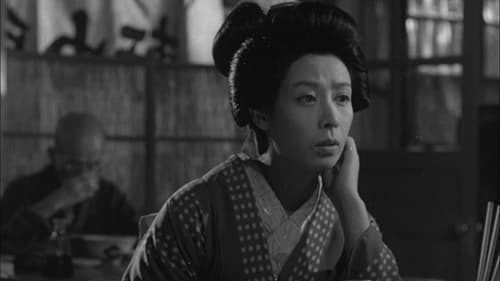
The story of a couple, a spoiled son and a down-to-earth girl, in Osaka in the early Showa era. The film won the prestigious Blue Ribbon awards for best director, best actor (Morishige) and best actress (Awashima), and the Mainichi Concours award for best actor and best screenplay (Yasumi Toshio). It ranked second (after Naruse Mikio’s Ukigumo) on the Kinema Junpō top ten films for the year.

A young British woman, tricked into believing she was used during a whirlwind romance, marries a gentle widowed Italian opera star, whose songs she and her first love shared.
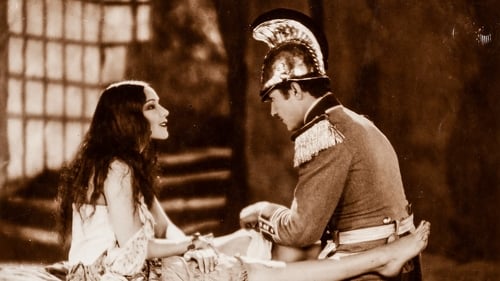
The Loves of Carmen is a 1927 American silent romantic drama film directed by Raoul Walsh. The film, based on the novella Carmen by Prosper Mérimée, stars Dolores del Río in the title role, and Don Alvarado as Jose.
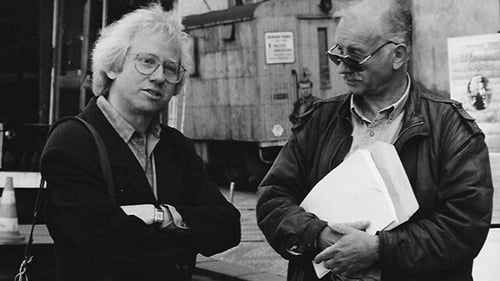
Hugh Whitemore adapted Bruce Chatwin's novel for this tale of a New York antique dealer who travels to Prague to buy the porcelain collection of the late Baron Utz, only to become embroiled in the wreckage of the dead man's unusual life history after he discovers that the collection is missing.

At the urging of his dying aunt, a young man of limited means forgoes marriage into comfortable society. He becomes husband to an unwed mother and father to a child. Their meager existence is threatened, however, when the woman he left at the altar reenters his life.

The story is about Conrad Veidt as military attache in Turkey where he learns to know an English consul (Heinrich George) and his attractive wife who is treated badly. They begin an affair and soon the husband proves to be an obstacle that has to be disposed of.

After the critical lambasting of his masterpiece Earth, Dovzhenko returned with a more popular iteration of its main motifs. Much like Earth, Ivan concerns itself with the natural rhythms of country life, disrupted by the beat of looming industrialisation.

